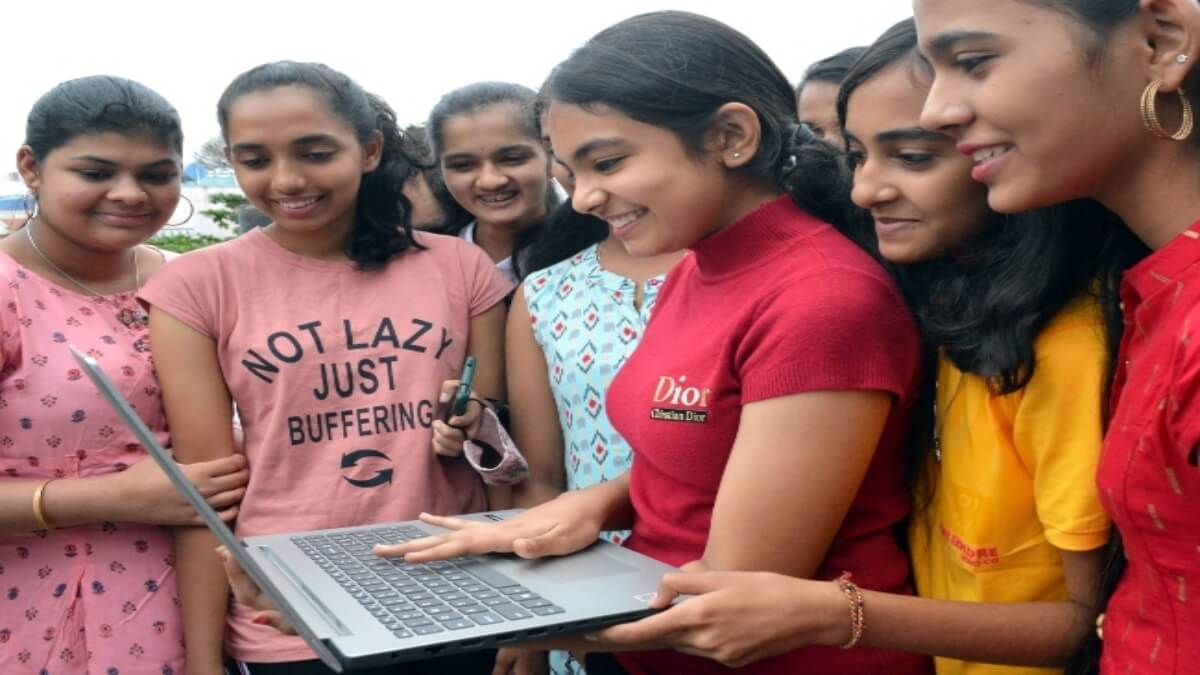Closing schools in view of pandemic not justified, says World Bank Education Director
Sun 16 Jan 2022, 18:49:53
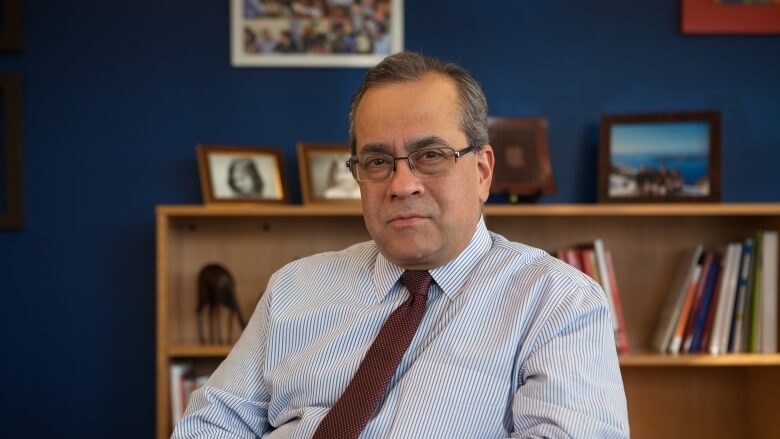
There is no justification now for keeping schools closed in view of the pandemic and even if there are new waves, closing schools should be the last resort, according to the World Bank’s Global Education Director Jaime Saavedra.
Saavedra, whose team has been tracking the impact of COVID-19 on the education sector, says there is no evidence that reopening schools has caused a surge in coronavirus cases and that schools are not a “safe place”.
He also asserted that it does not make sense from a public-policy perspective to wait till children are vaccinated as there is “no science” behind it.
“There is no relation between opening schools and spread of coronavirus. There is no evidence linking the two and there is no justification now to keep the schools closed. Even if there are new waves of COVID-19, closing schools should be the last resort,” Saavedra told in an interview from Washington.
“It does not make sense to keep restaurants, bars and shopping malls open and keep schools closed. There is no excuse,” he added.
According to various simulations by the World Bank, health risks for children if schools are opened are low and the cost of the closure is extremely high.
“During 2020, we were navigating in a sea of ignorance. We just didn’t know what is the best way of combating the pandemic and the immediate reaction of most countries in the world was let’s close schools. Time has passed since then and with evidence coming in from late 2020 and 2021, we have had several waves and there are several countries which have opened schools,” he said.
“We have been able to see if schools opening has had an impact in the transmission of the virus and new data shows it doesn’t. Many counties have also had waves
when schools were closed so obviously there has been no role of schools in some of the spikes.
when schools were closed so obviously there has been no role of schools in some of the spikes.
“Even if the kids can get infected and with the Omicron it is happening even more but fatalities and serious illness among children are extremely rare. The risks for children are low and costs are extremely high,” he added.
Asked about the concerns of children not being vaccinated yet, he said, “There is no country which has put the condition of reopening schools only after children are vaccinated. Because there is no science behind it and it does not make sense from a public policy perspective”.
“The loss of learning that many children are experiencing is morally unacceptable. And the potential increase of learning poverty might have a devastating impact on future productivity, earnings, and well-being for this generation of children and youth, their families, and the world’s economies,” he said.
Rationalising the curriculum, reorganising the academic calendar, preparing the teachers for the huge task ahead are among the suggestions that the World Bank has to reduce long-term learning losses caused by the closure of schools during the pandemic.
“There is a critical need to have more data on learning losses from the states and the country as a whole. Ideally, this data will be in the form of personalised student-level learning data since the situation is very heterogeneous at the children level.
“This focus on having personalised learning data is aligned with best practices and is in line with the advice we are currently providing to countries. Again, the numbers we present are World Bank simulations showing what happens if reopening school systems are not made a priority. These numbers can be reversed if governments can act now,” he said.
No Comments For This Post, Be first to write a Comment.
Most viewed from Edu and Jobs
AIMIM News
Latest Urdu News
Most Viewed
May 26, 2020
Do you think Canada-India relations will improve under New PM Mark Carney?
Latest Videos View All
Like Us
Home
About Us
Advertise With Us
All Polls
Epaper Archives
Privacy Policy
Contact Us
Download Etemaad App
© 2025 Etemaad Daily News, All Rights Reserved.


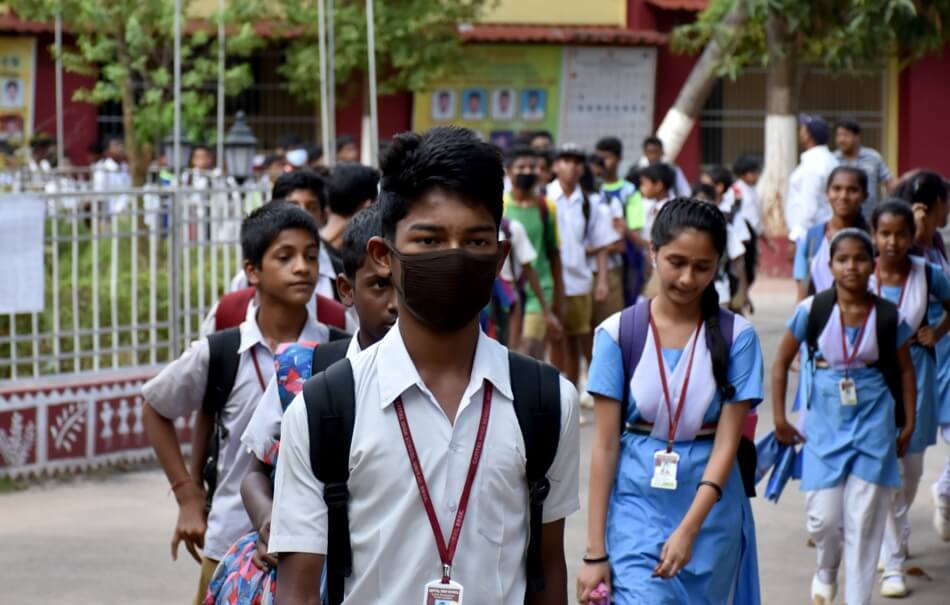

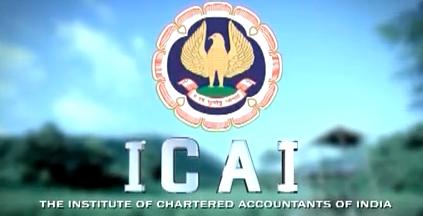
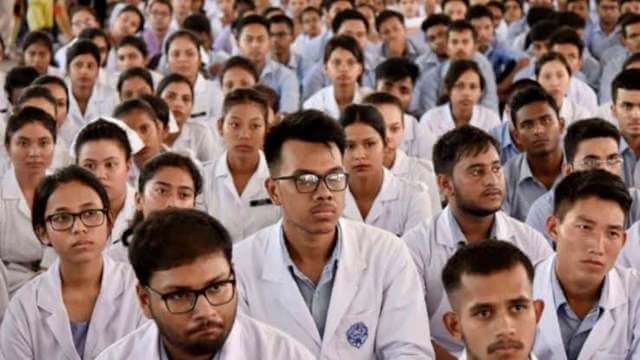
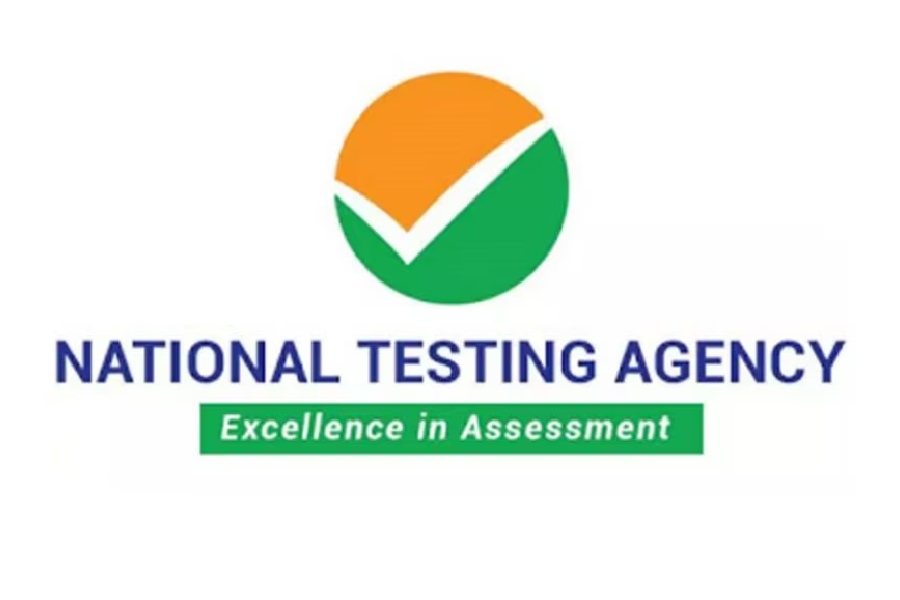
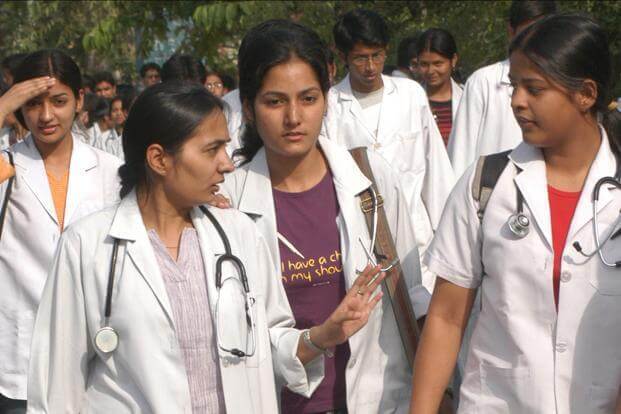

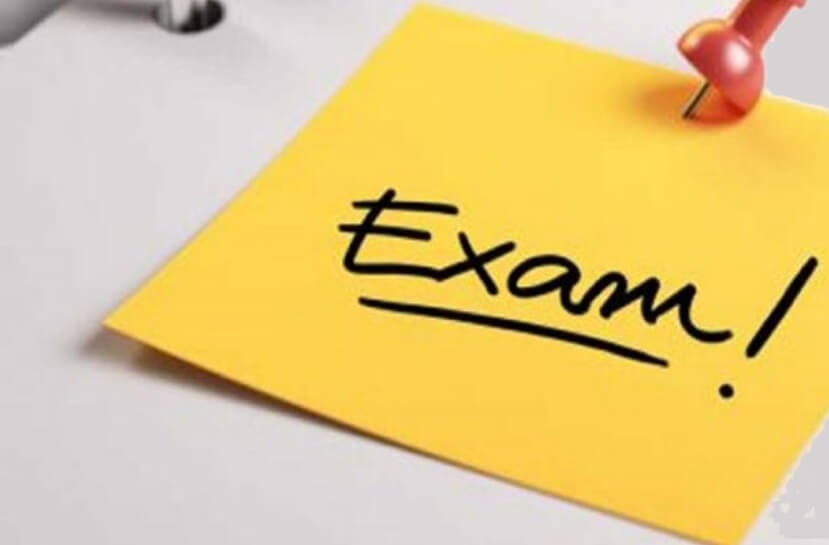
.jpg)
